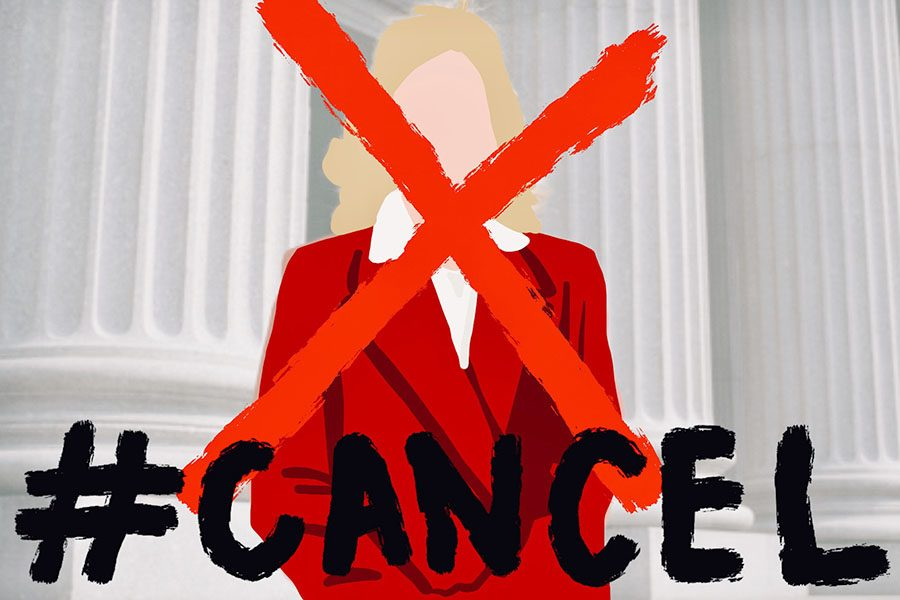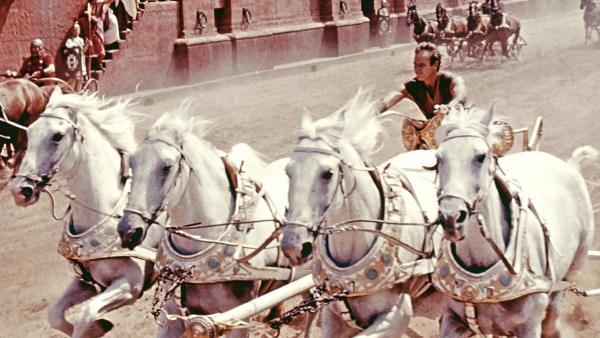Cancel Culture in the 21st Century
Cancel Culture. A modern form of ostracism in which an individual is dragged down for their own doings. Zoe Laverne. Sia. Bryce Hall. Ellen DeGeneres. Shane Dawson. The list goes on. But for what exactly? Well, these are only a few names of those who are, as we like to call it, cancelled.
For most of history, public humiliation was used as a way of social conformity. This modern form of public humiliation is now known as.. cancel culture. While the exact date of the term’s earliest use is uncertain, fans of various celebrities began posting on social media in the early 2010s, criticising the actions and behaviour of their favourites by calling them out. The secret truth of cancel culture is that it has always existed. Even though the term was only coined recently, public shaming has been in multiple historical and entertainment contexts.
Now, what really is cancel culture? What exactly does cancel culture do to someone? When we cancel someone, we tear down that person’s reputation. We take that person’s career as well as their whole image and rip it to shreds. And it is not just a quick one like tearing a paper. It is more than that. Cancel culture is words being thrown around for everyone to see, words and thoughts being said out loud for days or even weeks stuck in a constant loop.
It tarnishes people’s reputations, and for those who have already been cancelled, getting out of it is proving to be a difficult task. But were they not the ones who dug their own grave? Were they not cancelled for a reason?
You see, it is always a problem when we put someone so high up just because they did something. Because when you are up there, you have nowhere else to go but to fall. And boy is it a fast fall down.
Let us take Shane Dawson. We all know how long Shane has been doing YouTube. His fame was not an overnight success, rather, it was a work of consistent videos being posted on his channel raging from parodies to conspiracies. Although it had taken him that long to get on top, bringing him down was done in a matter of hours.
Now just in case, you may have missed a chapter, Shane Dawson, was cancelled after tapes of him making racist, pedophilia, and bestiality-type jokes resurfaced. Undeniably, this should be enough of a reason for the public to start ignoring his channel
and hit that unsubscribe button. Wrong. Despite the seriousness of these issues, his channel continued to stay alive when his fans continued watching his videos.
However, videos of him making pedophilia jokes and donning blackface have made his whole channel be seen as offensive and overall harmful and toxic. There have also been multiple rounds and “cancellation campaigns” against the figure these past years.
J.K. Rowling is another fine example. J.K Rowling’s was cancelled due to a tweet in which she expressed support for Maya Forstater, a researcher who has a history of making transphobic remarks and spreading negative rhetoric regarding the ‘T’ in the LGBTQ community.
Some people have accepted cancel culture because it seemed to be a way for many individuals to silence someone they thought was disrespectful. As a result, individuals or groups who would otherwise avoid accountability for their damaging behaviour would be confronted with the truth and forced to face the consequences.
On the other hand, cancel culture has been viewed as a toxic way of reprimanding someone for their wrongdoings. It encourages harsh judgements and can lead to unnecessary drama.
In short, cancel culture may be the appropriate (and in some ways, the only way) for individuals to call out the people who are being harmful and disrespectful. People justify cancel culture because they deemed it as a way for people to learn. But is it?
Is ruining an individual’s reputation, and just flat out shaming them, and career the right way to go when trying to teach them a lesson? As a person who has been exposed to the online world, what do you think about cancel culture? Is it the right way to go? Or should we cancel “cancel culture” itself?
Sources:
https://www.distractify.com/p/influencers-canceled-quickly
https://statenews.com/article/2020/09/a-look-into-cancel-culture?ct=content_open&cv=cbox_latest








